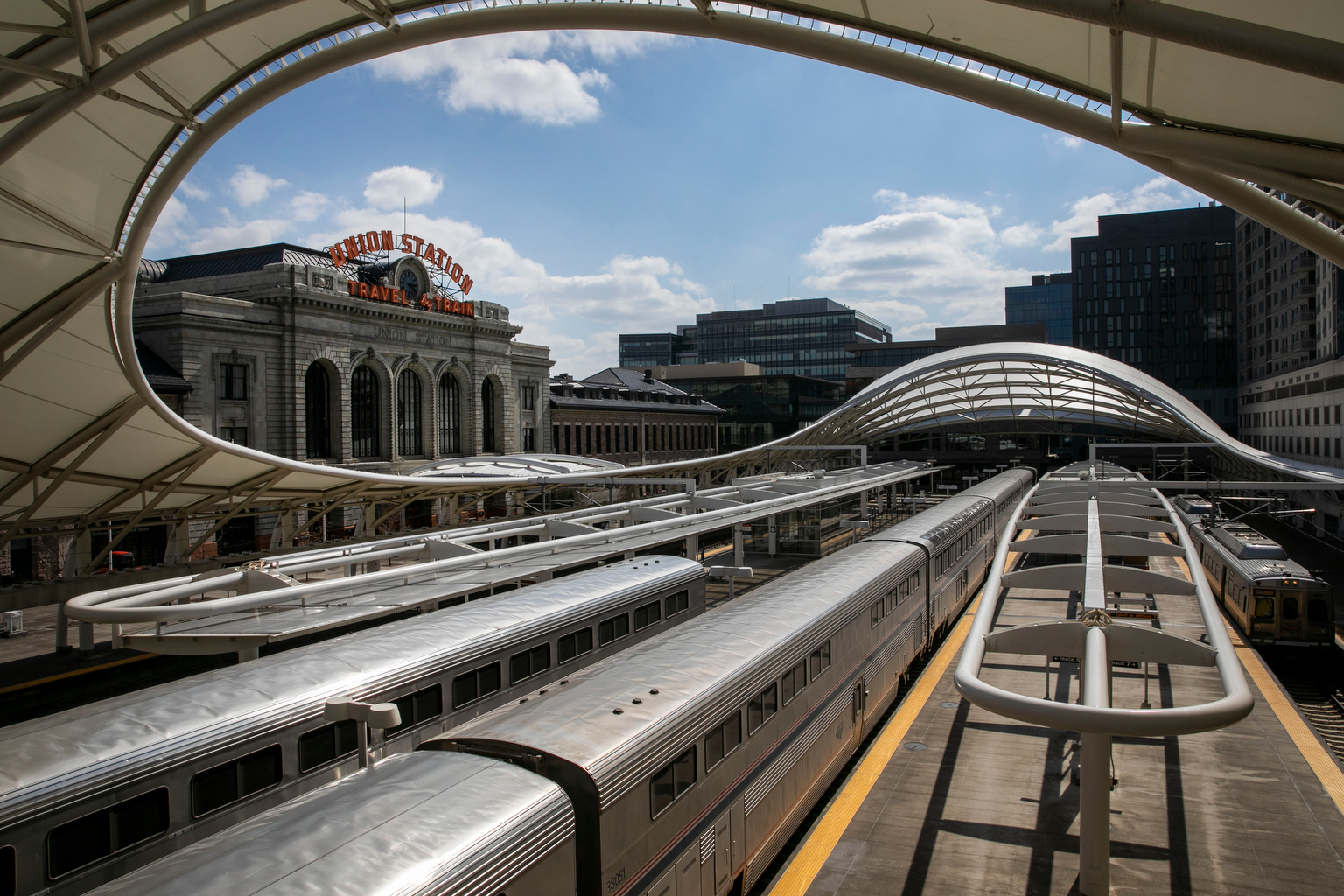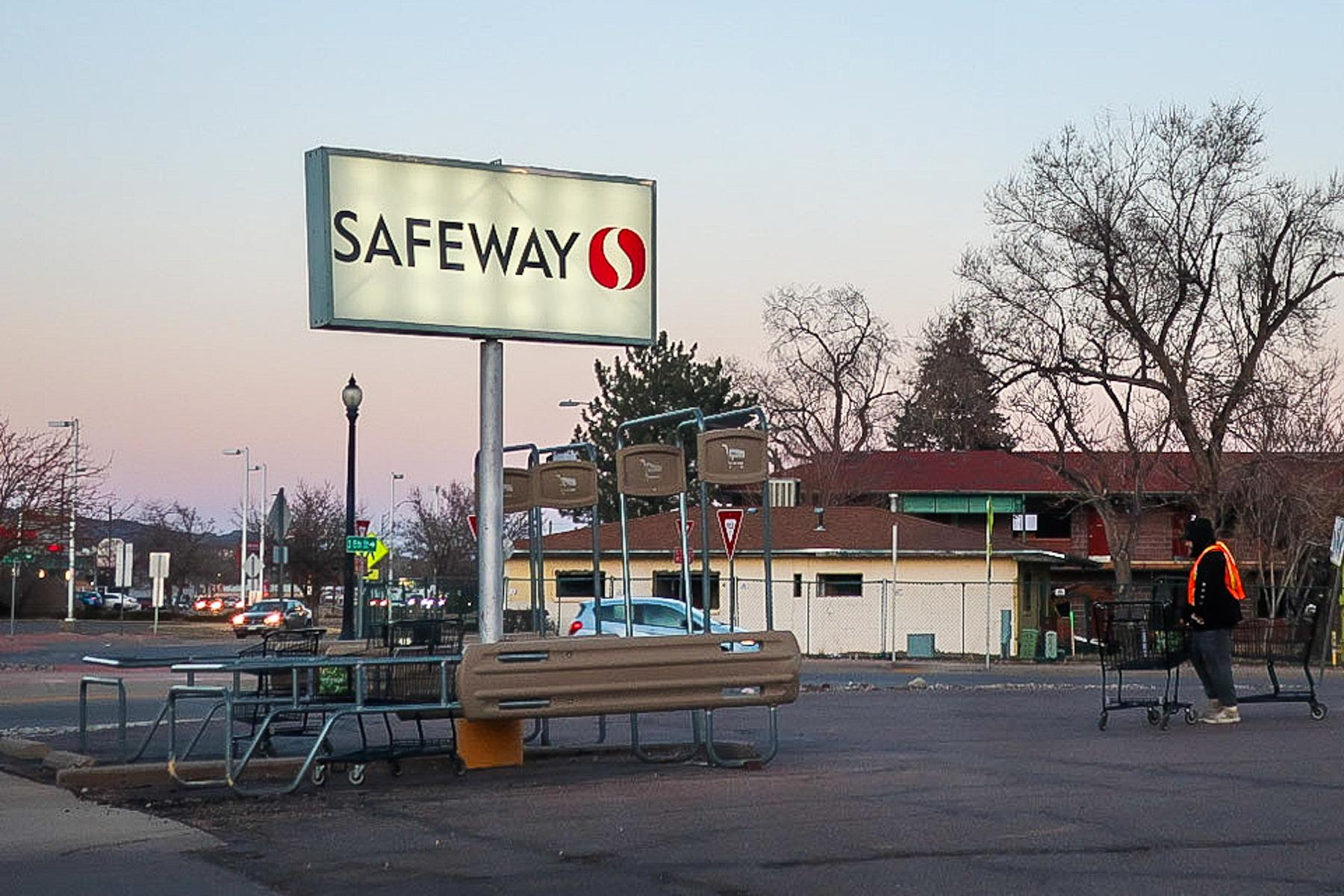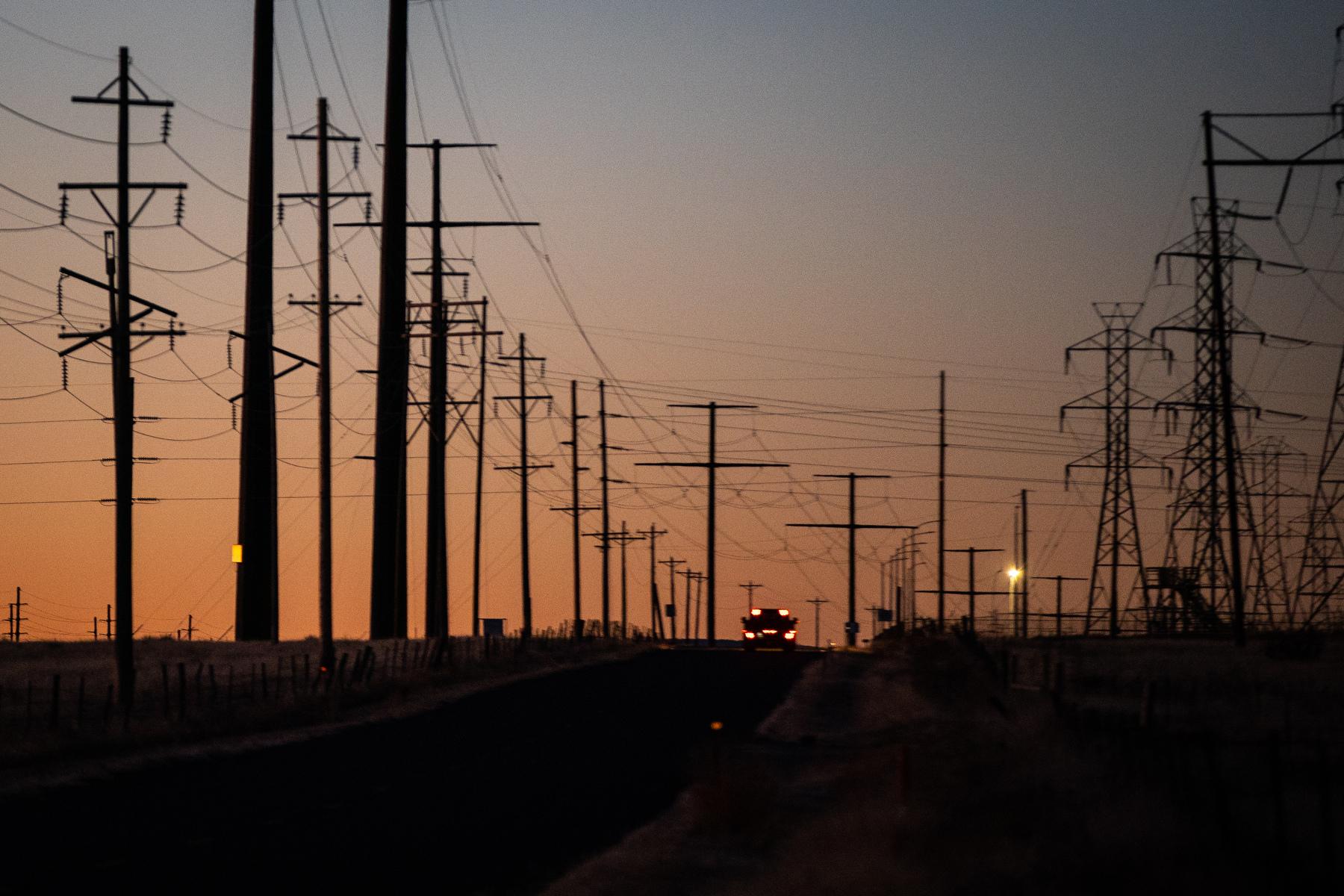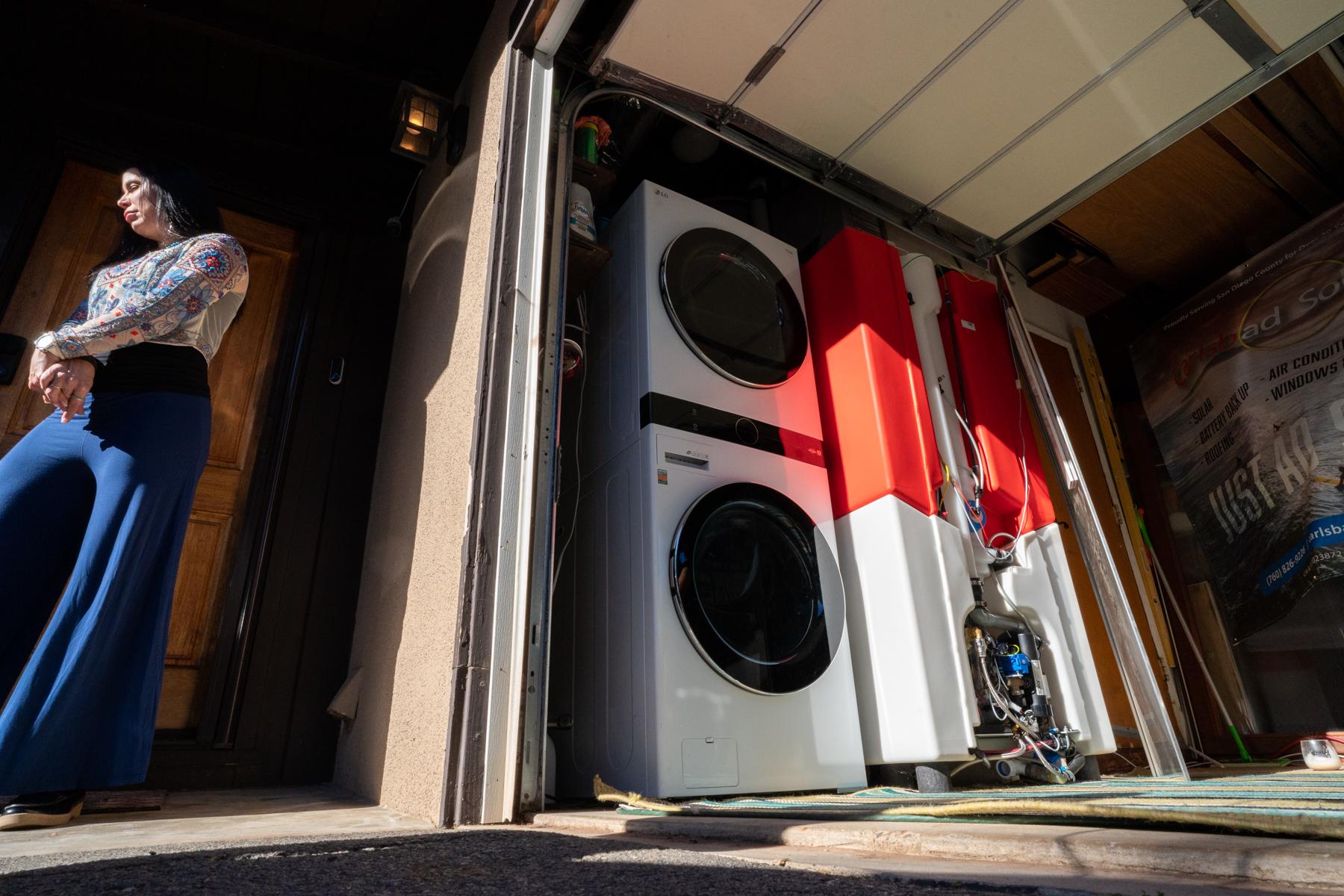
Legislation under consideration would ease the way for new homes in Colorado to adopt water-recycling systems. It would change state laws that have made the state one of the slowest in the region to adopt the tool to conserve water in the drought-prone Southwest.
The bill targets rules over in-home recycling of “graywater,” lightly contaminated water from the laundry, shower, bath, or bathroom sink that can be treated and reused for toilet flushing and outdoor watering.
If approved, lawmakers backing the bill hope the legislation will encourage more new homes to incorporate at-home graywater reuse by changing the default rules for counties and cities to an opt-out system instead of an opt-in system.
At-home graywater reuse is currently not permitted across much of Colorado. If the bill passes, it would be the first major change to the rules in nearly a decade.
Homeowners worried about water scarcity, or who want to try to make sure their own properties will have enough in times of drought, may choose to pursue graywater recycling at home.
Systems can be professionally installed, designed around a manufactured machine, or built as a do-it-yourself system.
While there is no at-home graywater recycling system that can clean water to drinkable standards, graywater systems allow homeowners to draw less fresh water from their utilities to fill toilets and water lawns.
The practice was largely illegal across the United States for decades due to concerns about health and safety. That started to change in several Southwestern states in the 1990s, and in Colorado, regulations enacted in 2015 set up technical requirements for at-home graywater cleaning and reuse systems in the state for the first time.
Colorado’s rules gave city and county officials the authority over whether or not to allow graywater systems in their communities. A handful of cities have opted in. People who live in cities and counties that have not chosen to allow it are still barred.
The proposed legislation, which had its first hearing this week, would only apply to graywater systems installed in new home construction and for indoor uses like toilets. Cities and counties would still have to take further action to allow graywater reuse in existing homes and for watering outside.
The bill’s sponsors chose to focus on new homes to try to ensure future construction is done more sustainably.
State Rep. Marc Catlin, R-Montrose, also said he specifically wants to promote indoor uses for recycled graywater because water that is used on outdoor plants doesn’t get recovered; it evaporates. He and other lawmakers want to drive down outdoor use for irrigation as low as possible, no matter where that water comes from.
When it was originally introduced, the bill included tax credits to help residents and developers offset the cost of installing graywater systems in new construction, but Catlin said those were removed from the bill to give it a better chance of passing.
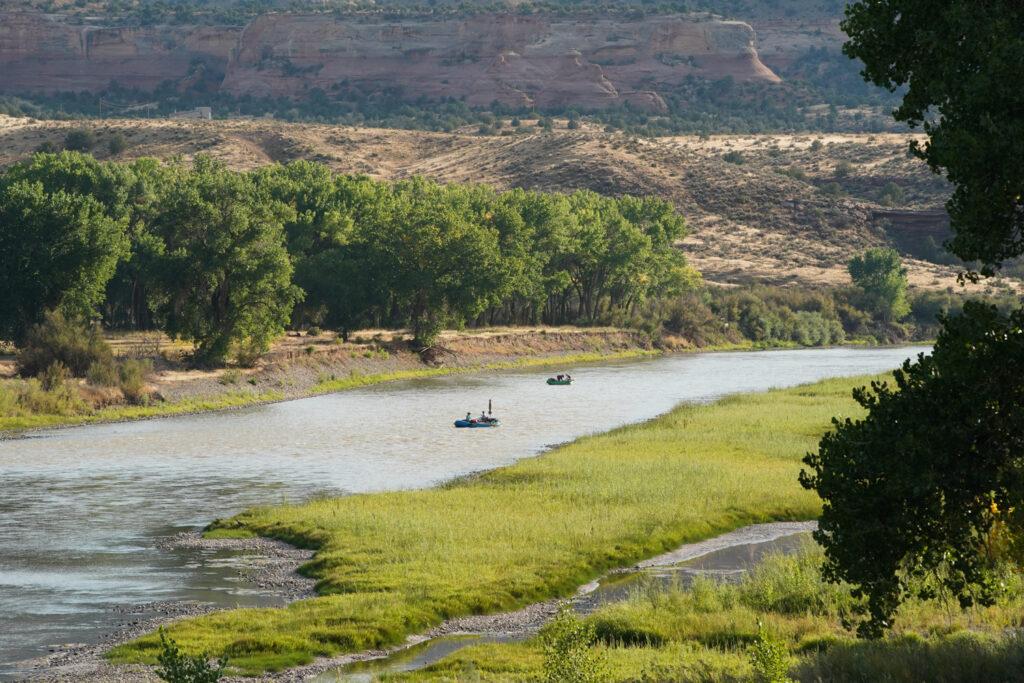
The proposal comes from a group of lawmakers representing the Western Slope and the San Luis Valley.
These less populated areas of Colorado are home to much of the state’s naturally flowing water sources, which get tapped and sent over high mountain passes to the densely populated Front Range cities, industries, and agricultural fields.
A megadrought that started in 2002 has gripped the Southwest for more than two decades. At the same time, the population in Front Range cities has boomed. This has raised concerns about overdrawing Western Slope and San Luis Valley water supplies, a fear that is motivating lawmakers to encourage conservation and reuse, particularly on the Front Range.
“Water's a finite resource, and we are growing rapidly. We don't want to outgrow our supply. Conservation has to be a big part of that,” Catlin said.
The largest portion of the state’s water is used to grow crops used for feed for dairy and beef cows and for other agricultural purposes. Water use in cities, including homes, is a much smaller portion of Colorado’s overall water budget, but the state’s water plan encourages the expansion of graywater reuse as a tool at a time when climate change has reduced the amount of available water.
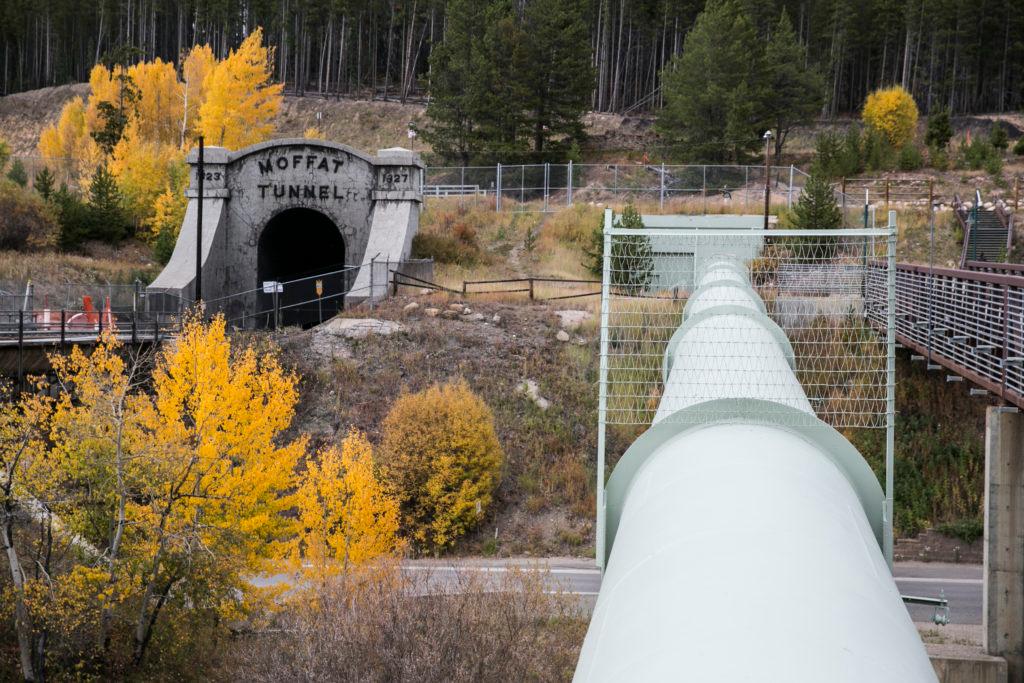
At-home graywater reuse is already legal in at least seven places in Colorado, Catlin said.
This month, Grand Junction became the newest jurisdiction to set up rules to permit an at-home graywater reuse system. It applies to new and existing homes.
“We're looking at all types of water conservation programs to extend our water supplies,” said the city’s Utilities Director Randi Kim.
She said some local homeowners and developers have expressed their interest in graywater systems. She expects homeowners will pursue permits mostly to provide graywater to their yards because indoor uses like toilet flushing would require retrofitting an existing home with a separate plumbing system for recycling and treating the graywater.
“I think it’s a difficult and expensive proposition for an existing home,” Kim said.
Developers, on the other hand, have expressed interest in indoor and outdoor uses. They could more easily set up a separate plumbing system during the original construction. Some may not have access to water for irrigation on the properties they’re developing, so reusing graywater outside would open up that option.
Other cities and counties on the short list of places that have allowed it over the past decade include Denver, Golden, Broomfield, Castle Rock, Fort Collins, and Pitkin County.
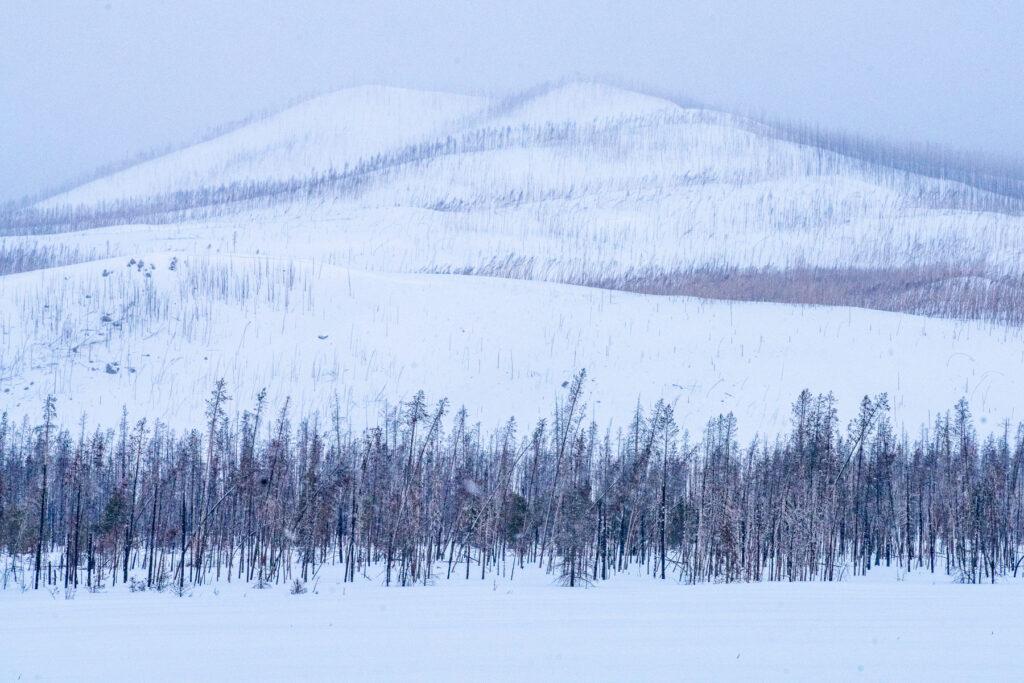
Kim said cities and counties have to weigh a lot of localized factors when deciding whether to support at-home graywater reuse. She’s served on a number of statewide committees about water management and regulations, including around graywater, and questions the potential move to make cities opt-out of allowing graywater reuse in their jurisdictions.
“Just knowing what we went through to establish our ordinance and our permitting system, it's not something that you do overnight,” she said. “I think an opt-in approach allows the local entity with a mechanism to make sure that everything's in place to set up that permitting system.”
If the current proposal passes, it would give jurisdictions about a year and a half to prepare, before it’s enacted in January 2026.
Even in Colorado cities where it’s legal, not many homes have been permitted, in part because of economics.
Castle Rock decided in 2018 to allow at-home graywater reuse in new homes. As of now, 29 homes are permitted, and they’re all in one subdivision called Red Hawk.
Mark Marlowe, director of Castle Rock Water, said that’s the only instance the city has had where a developer wanted to go through with installing the graywater systems. Marlowe said the city will take important lessons from the subdivision’s experience, to figure out how homeowners use and maintain the equipment.
Denver has said it has also not had many people apply for permits since it opened up the option in 2016.
“The systems obviously cost money, and so unless they're required, a home builder may not proceed with putting a system in,” Marlowe said.
A system that treats the water to reuse it indoors costs thousands of dollars. Marlowe said because tap water is relatively inexpensive, there is not a lot of economic incentive right now for homeowners or developers to install graywater reuse equipment.
In Grand Junction, as part of the change to allow people to install graywater reuse systems, the city is offering rebates to help cover permitting fees and the cost of installation, with the support of a grant from the Colorado Water Conservation Board. Kim hopes that will incentivize more people to participate.
- Tiny specialized bugs may help with the expensive and rising tide of toilet flushes in rural Colorado
- Recent storms have pushed Colorado’s snowpack above ‘normal,’ but crucial water reservoirs are lagging behind last year
- Colorado River states remain divided on sharing water, and some tribes say their needs are still being ignored

